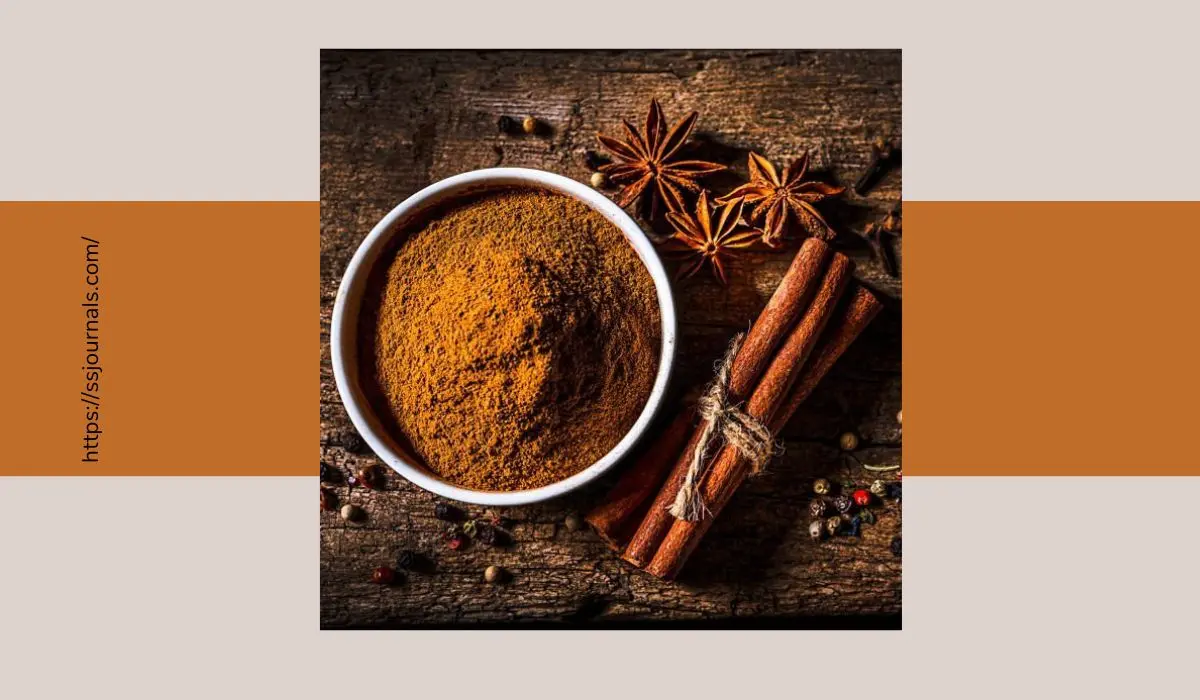For many years, cinnamon has been used as a spice and flavoring in various foods. However recent research has suggested that cinnamon may also offer certain health benefits, including the ability to lower blood sugar in people with diabetes.
This article will explore the evidence behind this claim and provide key information on how cinnamon may affect blood sugar, how to incorporate it into your diet, any risks to be aware of, and some frequently asked questions.
The Link Between Cinnamon And Blood Sugar
A number of scientific studies have analyzed cinnamon’s effects on blood sugar in people with type 2 diabetes. The results have shown cinnamon can lower fasting blood sugar levels as well as post-meal glucose spikes.

Researchers believe the potential blood sugar-lowering effects of cinnamon are due to compounds including methylhydroxy chalcone polymer (MHCP) and cinnamaldehyde. These substances may act as insulin mimetics, essentially mimicking insulin’s effects on the body.
This enhances glucose transport from the blood into cells. The high polyphenol content of cinnamon may also inhibit certain digestive enzymes to slow glucose absorption after meals.
How Long Does It Take Cinnamon To Lower Blood Sugar?
The effects of cinnamon on blood sugar may be observed within several weeks to a few months of daily use. However, the speed at which cinnamon acts to lower blood glucose can vary based on the individual and the amount used.
Some studies have shown modest declines in fasting blood sugar levels and post-meal glucose spikes within 6-12 weeks of taking cinnamon supplements or consuming 1-2 teaspoons of cinnamon powder daily.
However, the most significant drops in blood sugar, especially A1C levels indicating 3-month average glucose, are typically seen after consistent daily cinnamon intake for a minimum of 3 months.
Related: Normal Blood Sugar Levels For Adults – Tips To Maintain Normal Level
The Benefits Of Cinnamon
With evidence supporting its ability to lower fasting glucose and reduce post-meal blood sugar spikes, adding cinnamon to your diet may offer benefits like:
➜ Better average blood sugar control shown by lower A1C levels
➜ Potential decreased need for diabetes medications
➜ Lower risk of complications related to prolonged high blood sugar
➜ Added antioxidant, anti-inflammatory, and antimicrobial properties
Cinnamon’s blood-sugar-lowering effects are strongest in people already diagnosed with type 2 diabetes. However, it may also benefit those with prediabetes by slowing the progression to diabetes.
Even for those without blood sugar concerns, cinnamon is a healthy addition for its content of protective compounds like polyphenols, flavonoids, and antioxidants.
How To Include Cinnamon In Your Diet?
The good news is that cinnamon is easy to incorporate into a healthy diet through foods like:
-Sprinkling it on oatmeal, yogurt, cottage cheese, or fresh fruit
-Adding to coffee, smoothies, protein shakes, or juice
-Using it in baked goods like muffins, cakes, or healthy banana bread
-Mixing it into nut butter or hummus for a spread
-Adding a dash to savory dishes like chili, stews, or curries
Most studies have looked at amounts of 120 mg to 6 grams of cinnamon extract. This equals about 1/4 to 4 teaspoons of powdered cinnamon, which can easily be consumed daily by using it regularly with meals or snacks. Cinnamon capsules are also available as supplements.
It’s best to limit to 1 teaspoon a day if taken daily as a concentrated supplement to avoid potential risks from overconsumption. Pairing cinnamon with a balanced diet and exercise provides the most benefit for blood sugar control and overall health.
The Risks Of Taking Cinnamon
Cinnamon consumed in moderation as a seasoning is considered safe. But taking high doses as a supplement may pose some risks such as:
➜ May interact with blood-thinning or diabetes medications
➜ Can potentially worsen liver disease
➜ Contains the compound coumarin, which can be toxic in very high doses
➜ May cause low blood sugar if taken in excess
Always discuss cinnamon supplementation with your doctor first to ensure safety based on your individual health status and medication regimen. For most people, using cinnamon as an added flavoring in food is a safe, healthy way to potentially help lower blood sugar.
The Bottom Line
Research indicates that cinnamon may modestly reduce blood sugar levels in those with type 2 diabetes. It appears to mimic insulin effects while also slowing glucose absorption from food. Adding cinnamon to oatmeal, baked goods, coffee, snacks, or other meals is an accessible way to incorporate it into your diet.
Stick to 1 teaspoon a day of the powdered spice and consult a doctor before taking cinnamon extract capsules or supplements. While not a replacement for diabetes treatment, cinnamon can be a beneficial tool as part of an overall blood sugar management plan.
FAQ
Studies have used doses between 120 milligrams to 6 grams daily. Consuming 1⁄4 – 1 teaspoon of powdered cinnamon across meals and snacks is effective and safe for most people.
Research indicates it may modestly decrease average blood sugar levels shown by reduced A1C tests in people with type 2 diabetes. Lowering A1C can reduce complications.
Cinnamon capsules and concentrated extracts may offer higher doses for blood sugar benefits. But discuss supplement use first with your doctor to ensure safety for your situation. 1 teaspoon of powdered spice daily often suffices.
Ceylon cinnamon contains the highest levels of compounds thought to improve blood sugar control. Saigon cinnamon is also considered a “true” cinnamon with potential benefits.
Yes, using cinnamon for flavor along with metformin medication under doctor supervision is generally considered safe. But metformin levels may be affected by large supplemental doses of cinnamon.
More: Does Popcorn Raise Blood Sugar? Discover The Surprising Truth

